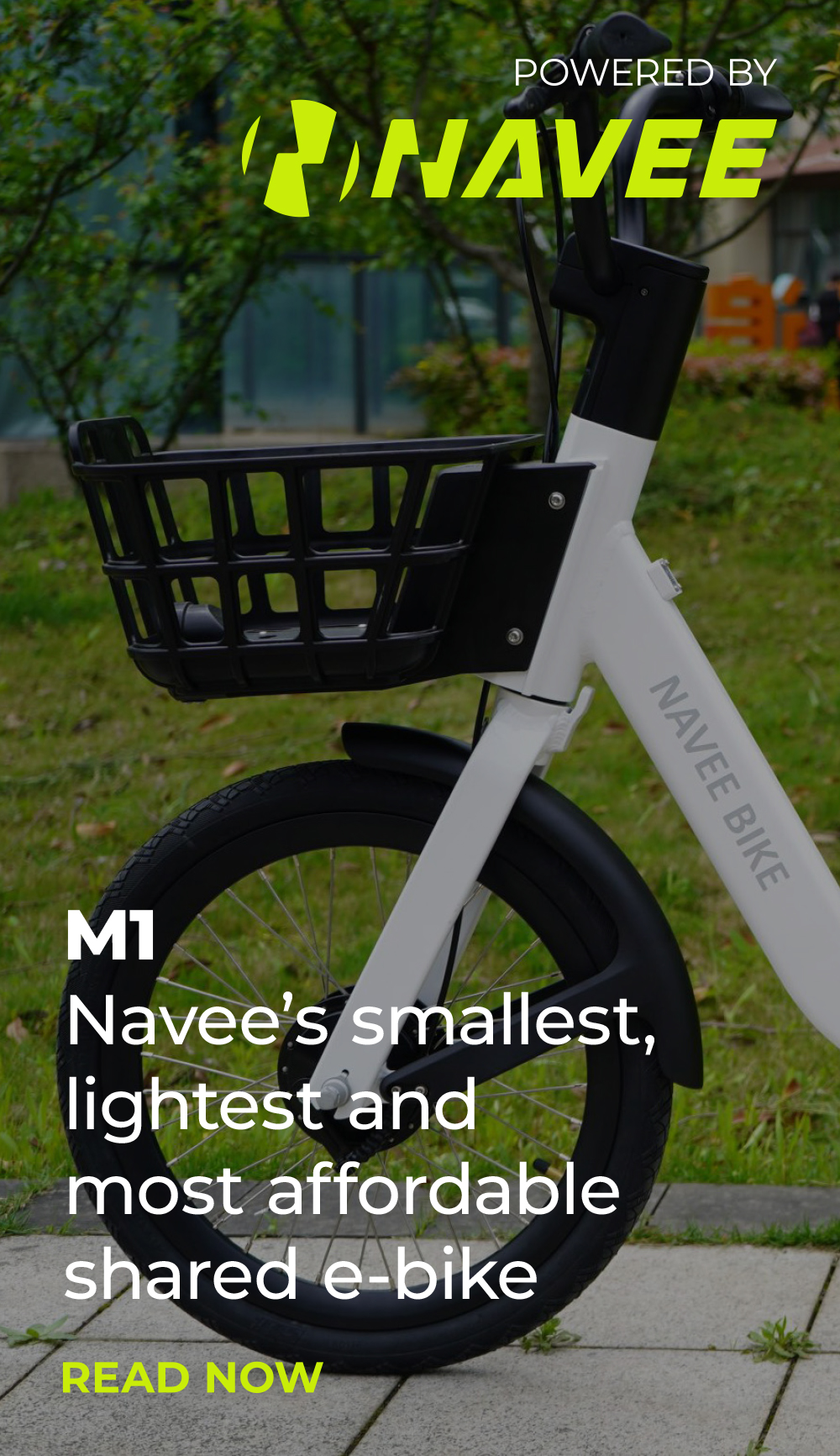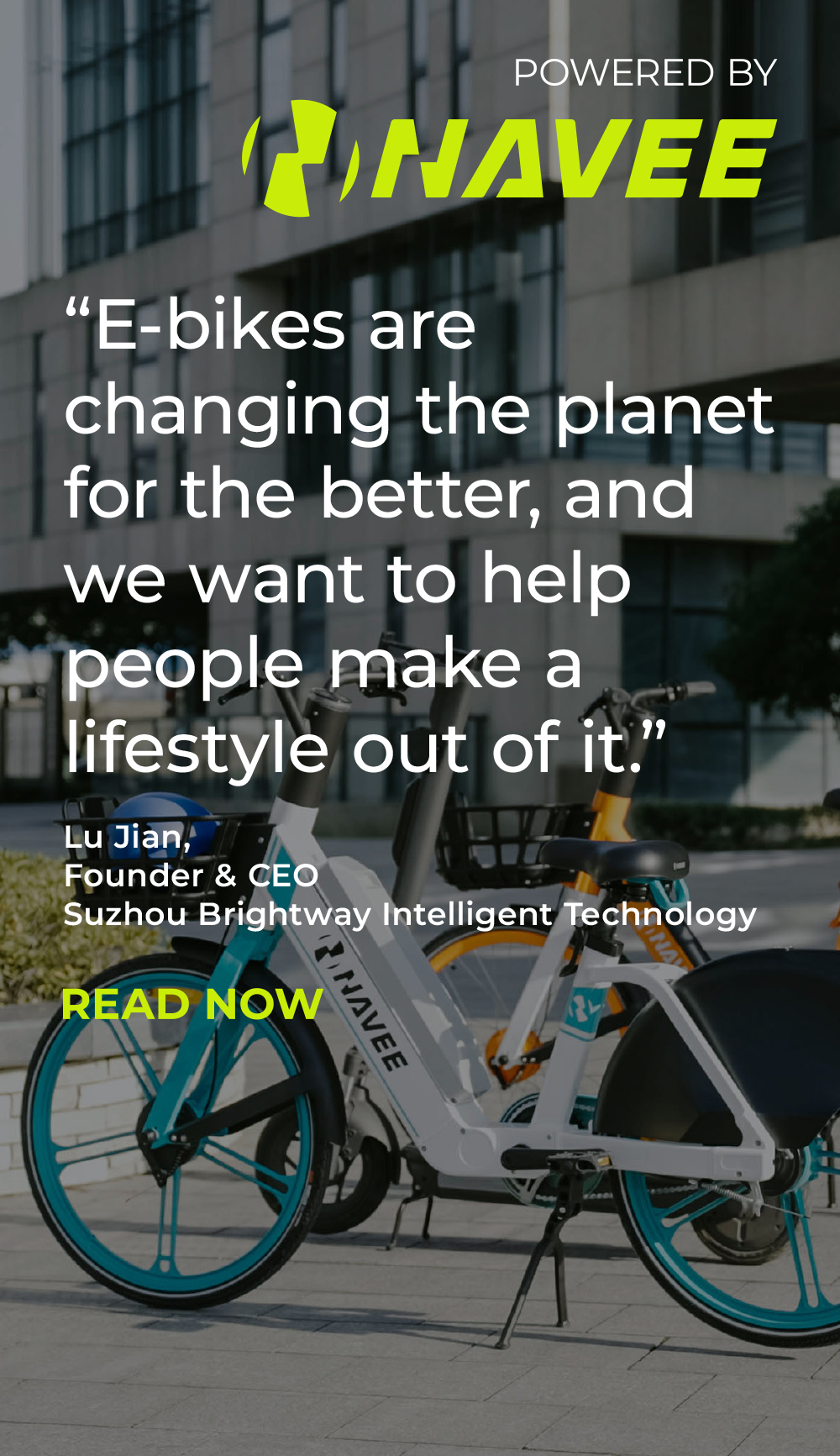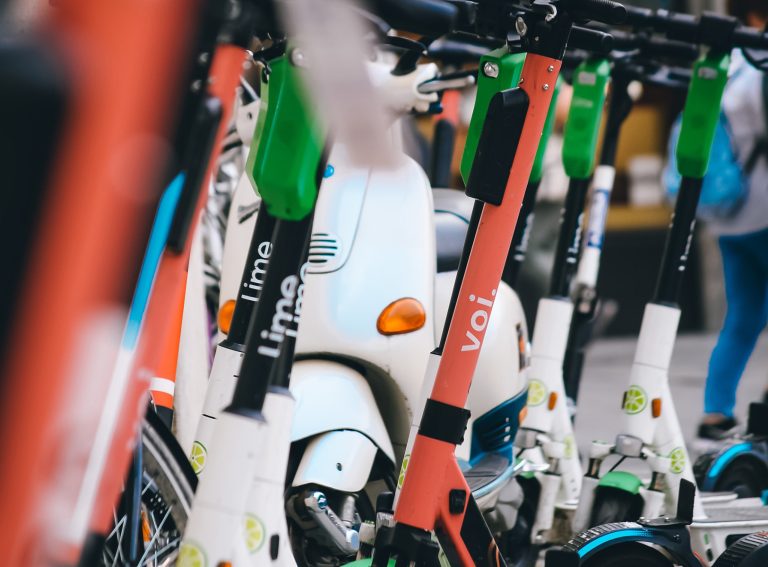The three licensed e-scooter companies in Paris are in full support of running the strictest operator requirements in the world ahead of key decisions on the future of micromobility in the city.
On October 10th, Tier, Dott and Lime proposed a new set of safety measures to better integrate their vehicles into the city, with some changes having already been implemented.
These measures include ID checks to ensure that all users are above 18, unique licensing plates to allow the police to issue tickets to traffic rules violators, technology to redirect riders to the nearest parking bay when one is full, and a joint ‘Micromobility Observatory’ initiative where operators would share data on safety statistics and sustainability measurements.
If city officials were to accept all the operators’ proposals it would put Paris at the forefront of micromobility regulations and the model could then serve as a blueprint for other cities.
The proposals were requested by Paris City Hall as some politicians have called to ban Paris’s 15,000 rental e-scooters citing concerns about public safety on the city’s sidewalks and the sharing of public space. As operator contracts are due to end in February 2023, the decision on the ban now rests with Paris mayor Anne Hidalgo.
Lime’s Global Communications Director Russell Murphy told Zag Daily that “the recent changes we’ve made to our service in Paris – adding licence plates and ID scans – are paying off and helping to address concerns raised by City Hall. Banning emissions-free transportation options used by millions would be a step backward for Paris and its goal to reduce car use and reach ambitious carbon targets.”
Some of the steps Lime has taken to address concerns include mandatory parking which prevents riders from ending trips anywhere outside of the 2,500 dedicated parking spots; 25% of the fleet is now equipped with licence plates and growing; and automatic speed reductions in more than 700 pedestrian-heavy zones in Paris.
When Zag spoke with Dott’s Chief Business Officer Nicolas Gorse, he said the safety of its riders and all city residents is our “absolute priority”.
“The current rate of accidents is no higher than cycling, and much lower than for private scooters, with the increase in accidents in 2022 (+189%), being significantly lower than the increase in usage (+487%), showing that safety per trip is increasing. However, we recognise that any accident is too many. We are taking steps to improve safe riding, such as speed restrictions, no-riding zones, and safe riding tips available through the Dott app.”
Tier’s Director of Public Policy for Western Europe, Erwann Le Page, told Zag: “We very much hope that the upcoming changes to our service in Paris – adding number plates and ID scans – will pay off and help address the concerns expressed by City Hall.
“At the same time, we are aware that there is still much to do and we are in the process of raising the bar to meet the expectations of a demanding city. This is the meaning of the measures we proposed to Paris City Hall on 10 October and to which, despite our reminders, we have received no response, no feedback and no exchange.”
Zag approached Paris City Hall for an update on its thinking and a response to operator proposals but did not receive a response before press time.






